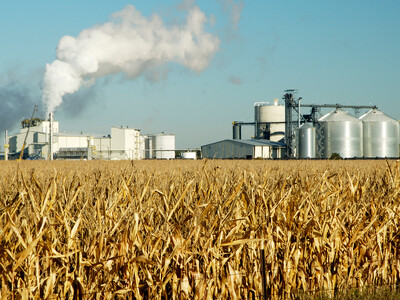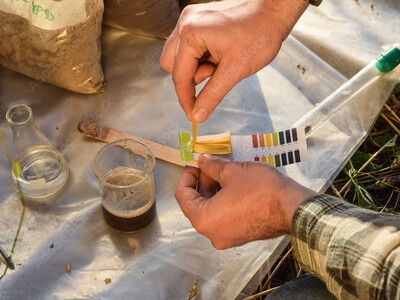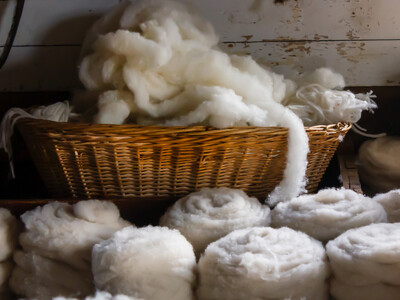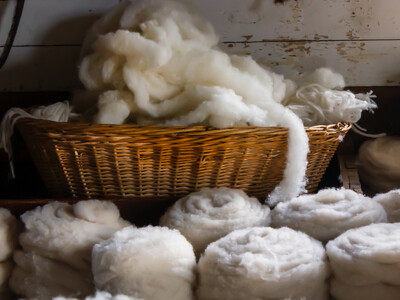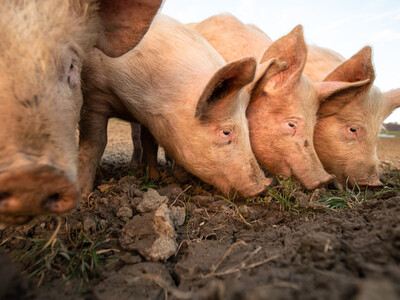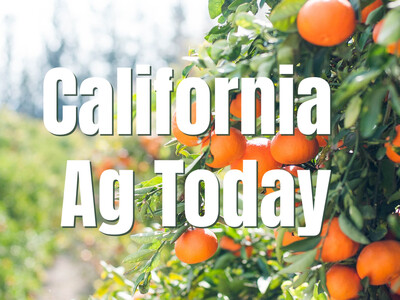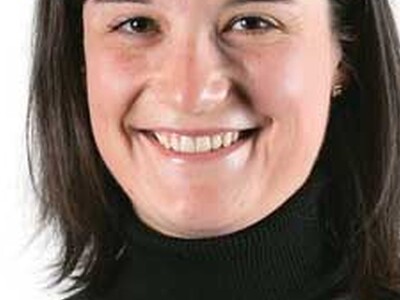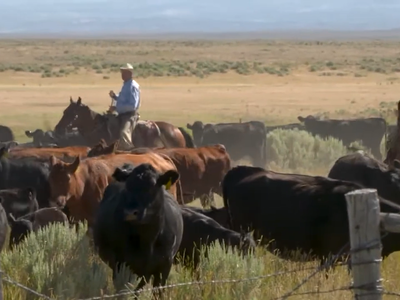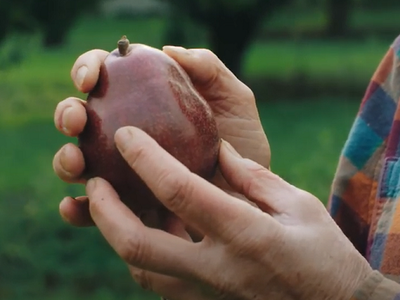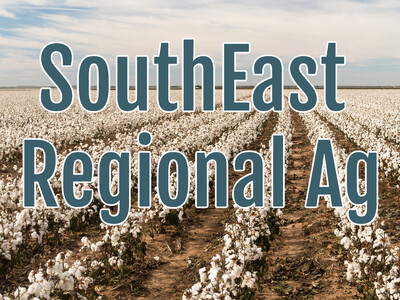Making Camelina Count
Making Camelina Count. I’m Greg Martin as Line On Agriculture presents the Harvest Clean Energy Report.
Camelina is quickly gaining a lot of attention here in the northwest. It’s a small oilseed related to mustard and according to Scott Johnson, President of Sustainable Oils, it has some pluses for growers.
JOHNSON:The real advantage of of camelina is that it can be grown in more marginal or moderate agricultural systems where you may have somewhat less rainfall than you’d like for other crops or more difficult soil..
Johnson says that camelina is a good broadleaf crop for rotation and his company, Sustainable Oils develops new crops that produce oil here at home. Sustainable Oils focuses on crops that use less moisture and fewer inputs.
JOHNSON: It uses the same equipment that wheat or barley or oats rotation would require. We’re providing a crop option that is very complimentary in agronomic practice to cereal production and it provides an option that may not require as many inputs in fertility and in rainfall and that sort of thing that other crops might have to be provided.
Now is a good time to think seriously about planting camelina due to the Biomass Capital Assistance Program or BCAP.
JOHNSON: It’s a program that will support a farmers commitment to growing camelina for 5 years through a payment system that provides a per acre payment if he will commit to camelina production. It is one that requires utilization of money that is available through 2011 and this is really critical because while this program is less than 10 days old the sign up is from now until September 16th.
BCAP is a part of the 2008 Farm Bill. Johnson and his company are ready to help farmers with the commitment to camelina.
JOHNSON: Whatever acres they enroll the FSA will make a payment to the farmer annually to help support his camelina production over a 5-year period.
For additional information on clean energy or the upcoming Harvesting Clean Energy Conference visit harvestcleanenergy.org. That’s today’s Line On Agriculture. I’m Greg Martin on the Ag Information Network.???www.harvestcleanenergy.org




